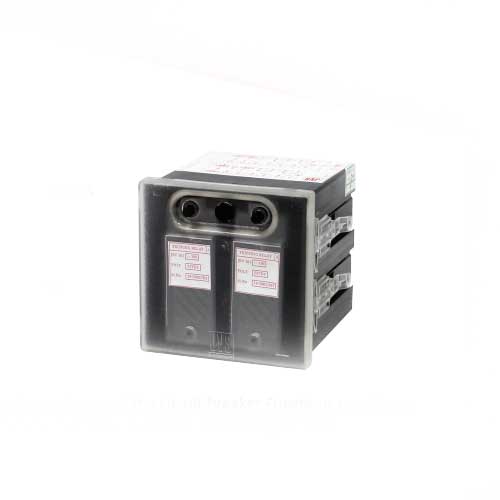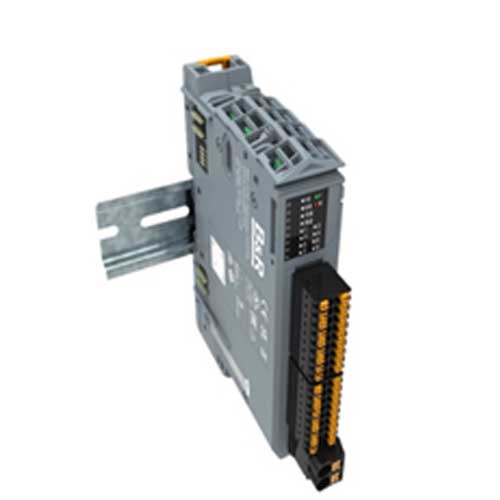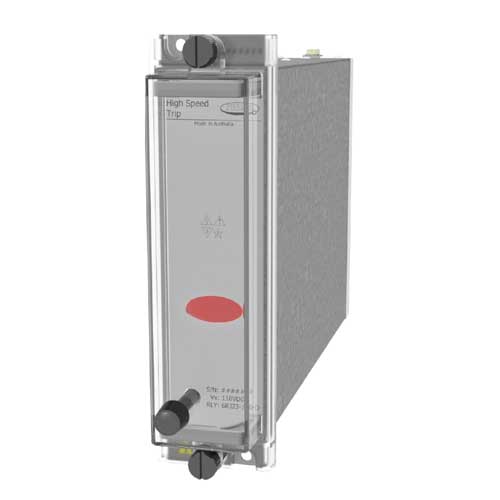Schedule a Call Back
Dust emission control & environment protection
 Technical Articles
Technical Articles- Oct 14,15
Dust emission control decides environment protection and affects civic life
While the “Make in India” and “Swach Bharat” are ambitious campaigns and now national priorities, one must appreciate the fact that these two activities complement each other. Most manufacturing activities are also invariably causing some amount of pollution or contributing to some form of environmental degradation. How to manufacture more at home and yet keep the environment clean is the key challenge facing the country.
Core sector output in Power, Steel and Cement is among the key drivers for the Indian economy, and each of these segments demands high level of emission control to ensure sustainable growth.
Dust Emission Control has a high capital cost attached to it, and this fact often leads to shortcut solutions or deferment of implementation. Being power intensive, the operating cost is to be evaluated at the time of investment to ensure an optimum total cost of ownership (TOC).
Cost of Ownership
What are the factors, which make up the operating cost? In order of priority, these comprise: Cost of capital for induced draft fan (IDF), electric power consumption, compressed air consumption and preventive maintenance expense.
IDF power is a directly proportional to the air volume evacuated and the duct line resistance. Selection of these two critical parameters is often done using data published in Hand Books or Thumb Rules. While both these procedures do give a result, experience will show that every application needs a validation before implementation.
Compressed air is the standard process for reverse pulse purging the filter bags for most manufacturers all over the world. This utility resource is not given the importance it deserves, although it is also power intensive to generate.
Right first time parameter selection:
Simulation of the user actual dust generation process will allow selection of correct pickup velocity and duct velocity for optimum air volume evacuation Checking of pressure drop in various sections of the duct line with varying air velocity also provides a more accurate method of arriving at a realistic line resistance, and Use of compressed air for purging, on a “need basis only” will ensure that this valuable utility is very efficiently economised.
How to be Right at Pre Engineering Stage?
KE Material Handling Pvt Ltd (KEMHPL) has the expertise and domain knowledge to support prospective users of the equipment by the following steps:
> Using of its in-house test apparatus to create a process near to actual condition
> Experiment with different enclosure concepts to arrive at the optimum air volume
> Validate the filter media suitability for dust particulates at varying concentration levels
> Checking emission at clean air side to ensure this meets the relevant industry norm, and
> Ensure how leak proof and need based procedures will reduce the actual compressed air needed for normal production.
KE Material Handling Pvt Ltd, Bangalore. Tel: 080-28363038, 28360744. Mobile: 098451-63807. Fax: 91-80-28360673. Email: sagkem@gmail.com, sag@kemathand.com
Other methods of pollution control
KEMHPL also offers other pollution control equipment
Pulse Jet Air Pollution Control: These are high efficiency air-particulate separation equipment and can operate under negative or positive air pressure. The key to their successful operation is the selection of filter media and optimum surface area of the fabric. Operation cost is related to the pressure drop across the coated fabric and experience is required to achieve a balance between capital cost and operating cost.
Cyclone Air Pollution Control: In case of a heavy and abrasive dust loading or if long and stringy particles are likely to be part of the dust load, a cyclone separator is installed before the bag filter. Pre-separation of larger particles helps prevent choking of the outlet valve of the bag filter itself apart from increasing media life.
The unit is available in mild steel generally and in stainless steel for corrosive and sticky particulate separation. For highly abrasive dust, the inner surface is lined with wear resistant material to increase life. This equipment has a low separation efficiency and is not recommended as an individual final air cleaning device for fine dusts.
Related Stories

Mahindra’s Thar ROXX, XUV 3XO, and XUV400 earn 5-Star Bharat-NCAP rating
Thar ROXX has made history by becoming the first body-on-frame SUV to secure a 5-star Bharat-NCAP rating, achieving the highest overall score by any ICE vehicle in Bharat-NCAP testing.
Read more
Epigral Limited to expand CPVC and Epichlorohydrin facilities
With this expansion, Epigral's total CPVC resin capacity will be elevated as the largest resin facility in the world and Epichlorohydrin will be the largest facility in India.
Read more
Mushin Labs raises $250K in seed series round led by Inflection Point Ventures
Mushin Innovation Labs, a pioneering SaaS startup, is transforming the automotive manufacturing industry with its advanced digital solutions.
Read moreRelated Products

High Speed Tripping Relay Two Element Relay - Jrv 181x2
JVS Electronics Pvt Ltd offers a wide range of high speed Read more

Plenty of Motion Possibilities in a Compact Housing
B&R Industrial Automation offers a wide range of plen Read more

High Speeed Tripping Relay Three Element Relay
JVS Electronics Pvt Ltd offers a wide range of high speed tripping relay three element relay - JRV 181x3.









